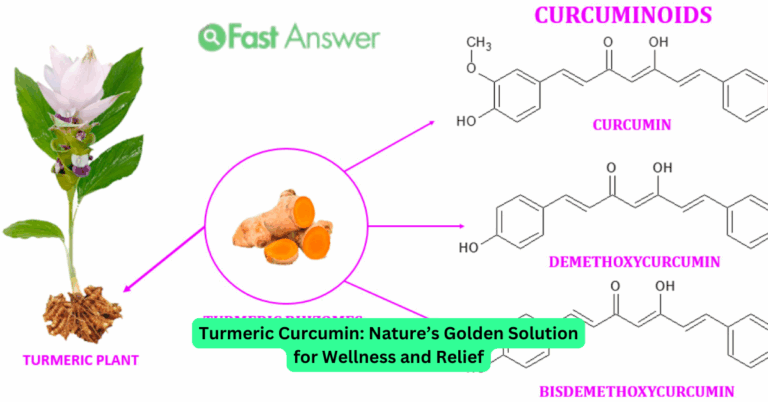Health Benefits of Reducing Sugar Intake: Why Cutting Back is Essential for Your Well-being
In today’s world, sugar is prevalent in many processed foods and beverages, often leading to overconsumption. While sugar may taste sweet, its long-term impact on your health can be anything but. Reducing sugar intake can significantly improve your physical and mental well-being. Whether you’re looking to lose weight, reduce your risk of chronic diseases, or simply lead a healthier lifestyle, cutting back on sugar is one of the most effective steps you can take. In this article, we’ll explore the health benefits of reducing sugar intake, why it matters, and how you can make this important change in your diet for long-term health.
Weight Management: Sugar and Its Impact on Body Fat
One of the most immediate benefits of reducing sugar intake is its effect on weight management. Excessive sugar consumption, especially from sugary drinks and snacks, contributes to an increase in calorie intake, which leads to weight gain. When you consume sugar, it spikes your blood sugar levels, causing your body to produce insulin. High insulin levels can promote fat storage, particularly around your belly. By cutting down on sugar, you help regulate your blood sugar and insulin levels, making it easier to maintain or lose weight. Not only will you consume fewer empty calories, but your body will also be better able to burn fat, supporting a healthier weight.
Improved Heart Health: Lowering Your Risk of Heart Disease
High sugar intake is strongly linked to heart disease. Consuming too much sugar can increase your risk of high blood pressure, inflammation, and elevated triglyceride levels, all of which are risk factors for heart disease. Studies have shown that diets high in sugar, particularly fructose, can lead to the development of fatty liver disease, which can further increase the risk of cardiovascular conditions. Reducing sugar intake can lower these risks, improving your overall heart health. By cutting out sugary foods and beverages, you help prevent arterial plaque buildup and reduce the strain on your heart, making it easier to maintain cardiovascular health over time.
Enhanced Energy and Better Mood: Balancing Blood Sugar Levels
While sugar can give you a temporary energy boost, it’s often followed by a crash that leaves you feeling tired and irritable. This fluctuation in blood sugar levels can affect your mood and energy throughout the day. By reducing sugar intake, you stabilize your blood sugar levels, which helps maintain consistent energy and a more balanced mood. Without the highs and lows caused by sugar, you’ll experience fewer energy dips and mood swings, allowing you to feel more focused, productive, and emotionally stable. Cutting back on sugar can also help reduce feelings of anxiety and depression, making it easier to maintain mental clarity and emotional well-being.
Improved Skin Health: Reducing Sugar to Prevent Acne and Aging
Excessive sugar consumption can negatively impact your skin in various ways. High sugar levels in the bloodstream trigger the process of glycation, where sugar molecules attach to proteins like collagen and elastin, weakening their structure. This leads to wrinkles and sagging skin, contributing to premature aging. Additionally, excess sugar can cause inflammation in the body, which can trigger acne breakouts and exacerbate other skin conditions like eczema. By reducing your sugar intake, you help prevent these skin issues, giving your skin a healthier, more youthful appearance. Your body’s natural processes will be better able to repair and maintain healthy skin, reducing the risk of acne and signs of aging.
Lower Risk of Chronic Diseases: Reducing Sugar and Preventing Type 2 Diabetes
Excessive sugar intake is a major contributor to the development of chronic diseases such as type 2 diabetes. When you consume too much sugar, your body’s cells become less responsive to insulin, leading to insulin resistance. Over time, this can result in the development of type 2 diabetes. By reducing sugar intake, you help improve insulin sensitivity, which can lower your risk of developing this condition. Additionally, cutting back on sugar can help prevent other chronic diseases such as fatty liver disease, high cholesterol, and certain types of cancer. By taking control of your sugar consumption today, you’re reducing your long-term risk for these serious health conditions.
FAQs
Q1: How much sugar should I consume daily?
The American Heart Association recommends that men limit their intake to no more than 9 teaspoons (36 grams) of added sugar per day. For women, the recommendation is 6 teaspoons (25 grams) per day. Reducing added sugars as much as possible is beneficial for long-term health.
Q2: Will cutting out sugar make me feel better right away?
Yes, you may start feeling better within a few days to weeks of cutting back on sugar. Many people experience improved energy, mood stability, and clearer skin after reducing their sugar intake. However, it may take time to adjust and reduce cravings.
Q3: Can I still enjoy sweets if I’m reducing my sugar intake?
Yes! You don’t have to eliminate sweets entirely, but you should choose healthier alternatives. Opt for natural sweeteners like honey or stevia, and enjoy fruit for a naturally sweet treat. Moderation is key.
Q4: How does reducing sugar improve my gut health?
Excess sugar can disrupt the balance of bacteria in your gut, promoting the growth of harmful bacteria and yeast. Reducing sugar intake can help promote the growth of beneficial gut bacteria, supporting a healthier digestive system and improving overall gut health.
Q5: What are the best ways to reduce sugar in my diet?
Start by cutting out sugary drinks like soda, fruit juices, and energy drinks. Read food labels to identify hidden sugars in processed foods, and replace sugary snacks with whole fruits, nuts, and seeds. Cooking at home can also help you control the amount of sugar in your meals.

